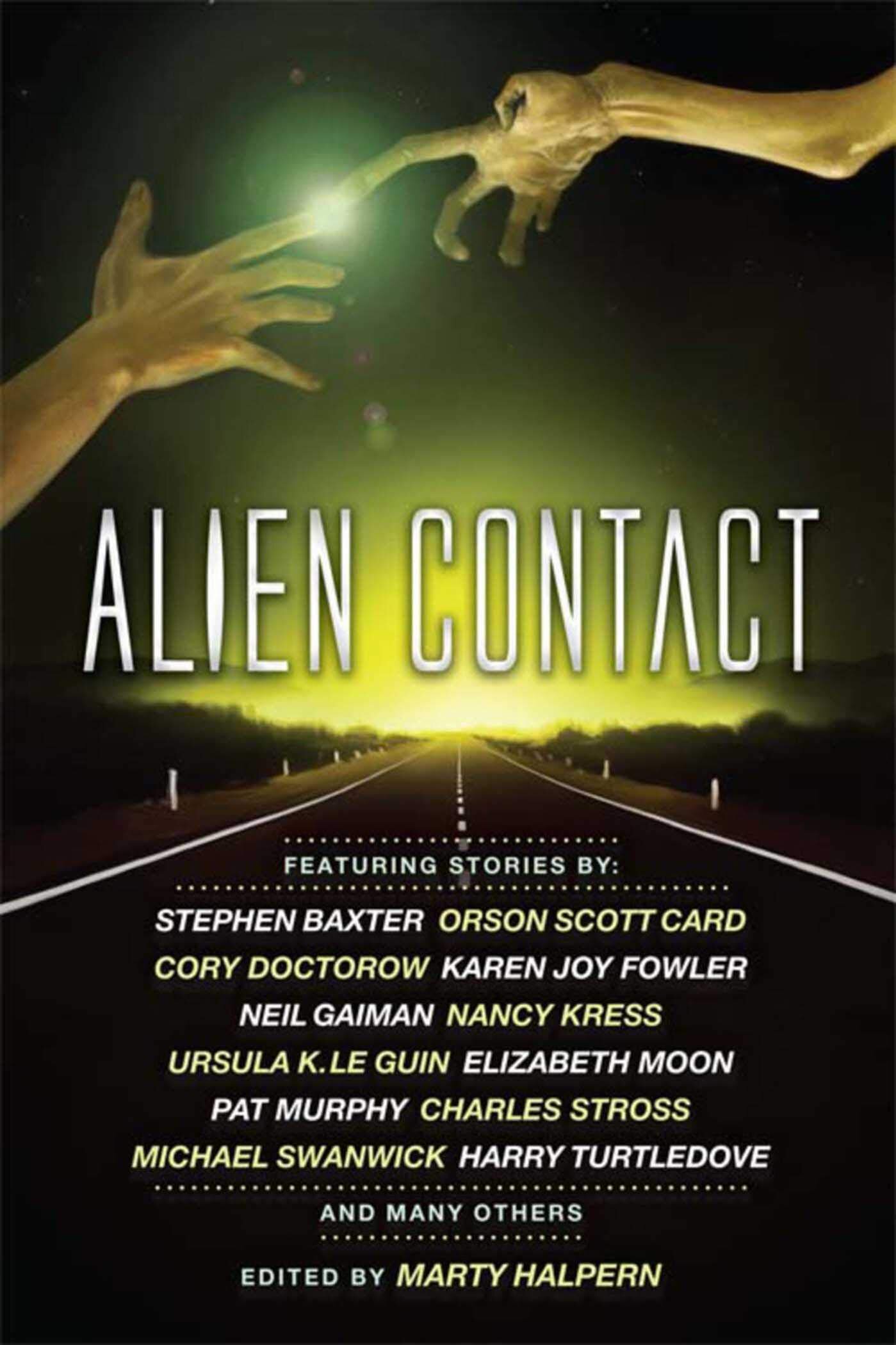The Science Fiction Hall of Fame, Volume 2A. Edited by Ben Bova. 1973
The Science Fiction Hall of Fame, Volume 2A is rated 95%.
AVERAGE STORY: 4.18
11 Stories: 4 great / 6 good / 1 average / 0 poor.
Buy your own copy of this book on Amazon and support this blog.
The second of volume of the monumental Science Fiction Hall of Fame featured longer works - novellas and short novels. It was so big and full of so much greatness that it has to be releases as two volumes.
This first volume is a masterpiece and contains some of the greatest - and most influential - stories ever written. I clock four stories of true greatest, but even the ones that “fall” to merely good only do so by a hairsbreadth. This tales are often the first to present concepts that inspire SF writers to this day.
“Who Goes There?” and “Nerves” are white-knuckle suspense tales. One about shapeshifting alien invasion in the brutal arctic and another about the collapse of a nuclear reactor from the perspective of doctors who must care for the wounded.
“Vintage Season” is preternaturally haunting especially for us going through COVID-19 and 2020. Heartbreaking.
“Baby is Three” is so raw and visceral that is hard to believe that it was written in the early 1950s. These are some of the most complex characters and situations in SF history. And one of its greatest concepts.
The Science Fiction Hall of Fame, Volume 2A is rated 95%.
11 Stories: 4 great / 6 good / 1 average / 0 poor.
How do I arrive at a rating?
Call Me Joe by Poul Anderson. 1957
Good. This superb story is weirdly similar to the premise of the James Cameron movie - “Avatar.” Using specialized technology on the verge of failure, a handicapped man takes control of a biological host created to be perfectly adapted on Jupiter’s exotic surface world. Or is it taking control of him?
Who Goes There? by John W. Campbell. 1938
Great. An arctic scientific expedition discovers some THING from another world. When it thaws, the team much find a way to destroy it before it absorbs all life on earth.
Nerves by Lester del Rey. 1942
Great. A prescient techno-thriller in which doctors fight against a collapsing atomic reactor. Palm-sweating suspense.
Universe by Robert A Heinlein. 1941
Good. Stranded on a generator starship and trapped by a religion of science, one man will discover a truth about the universe that transforms his mind and humanity’s future.
The Marching Morons by Cyril M Kornbluth. 1951
Good. The movie “Idiocracy” owes royalty money to this tale where a man awakens into a world where the morons have outbred the smart people. It is quite fun but has a dark edge to it
Vintage Season by Henry Kuttner and C.L. Moore. 1946
Great. A haunting masterpiece that is perfect even to the devastating final line. A man is renting an old mansion to very strange people and, in observing them, starts to realize that the situation is weirder and sadder than he could have imagined.
…And Then There Were None by Eric Frank Russell. 1951
Good. A funny, but overlook, political story of a military bureaucracy that runs up against a colonized planet of human that seem to defy any attempt at coercion. Dated at times, but also universal, dealing with what would happen in a society without authority or capitalism.
The Ballad of Lost C’Mell by Cordwainer Smith. 1962
Good. Some interesting ideas with under people (uplifted animals) and Psychic Lords of the Instrumentality. The plot follows twists stratagems where C’Mell and Lord Jestocost try to find a way to improve rights for the underpeople.
Baby is Three by Theodore Sturgeon. 1952
Great. Told through interactions with a therapist, a 15-year-old boy who believes he’s committed murder slows reveals his connection to Homo Gestault, a symbiosis of paranormal humans. Superbly written and very fresh.
The Time Machine by H.G. Wells. 1895
Good. Basically a novel and an incredibly influential one at all. A man travels to the future and experiences the divergent nature of the human species.
With Folded Hands by Jack Williamson. 1947
Average. A great first half in this tale of humanoids who destroy human happiness when they try to keep humans from harm.
Did this review help you? Consider buying your copy from Amazon and supporting this blog.


